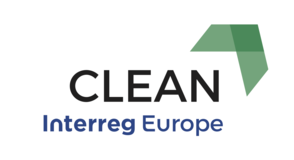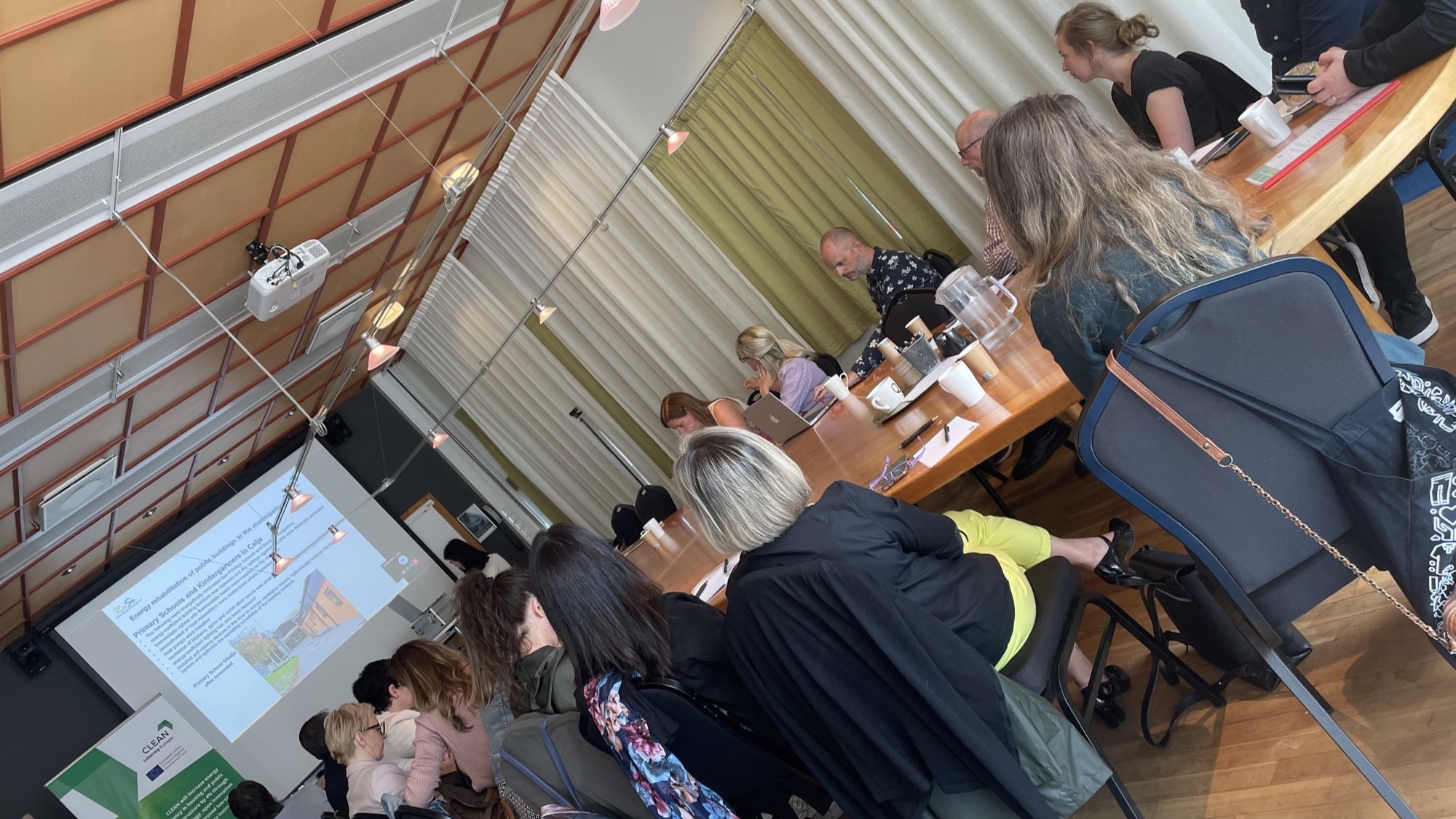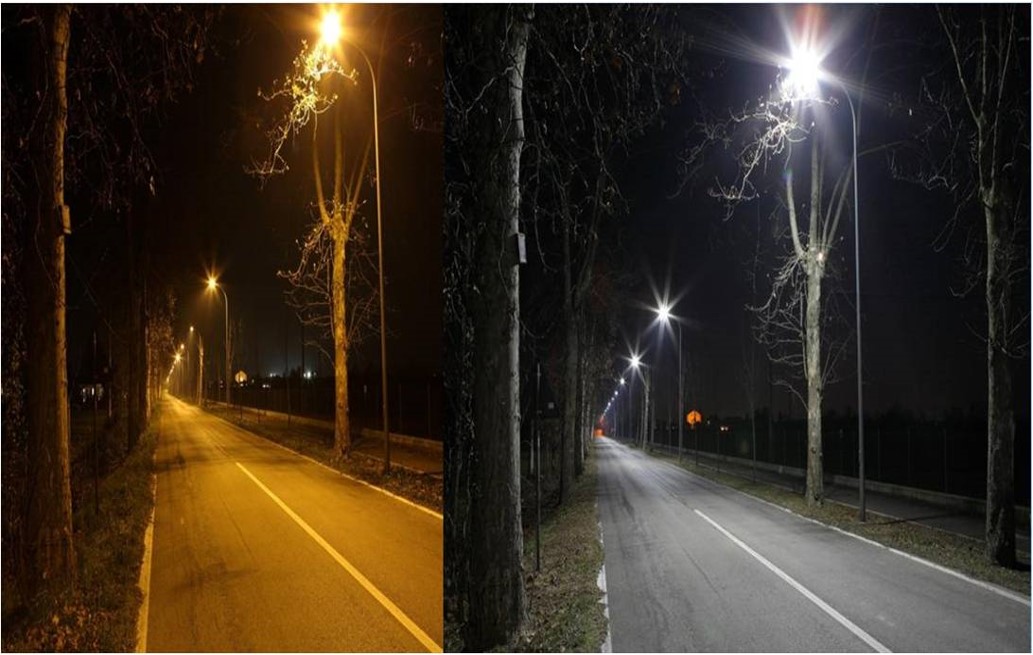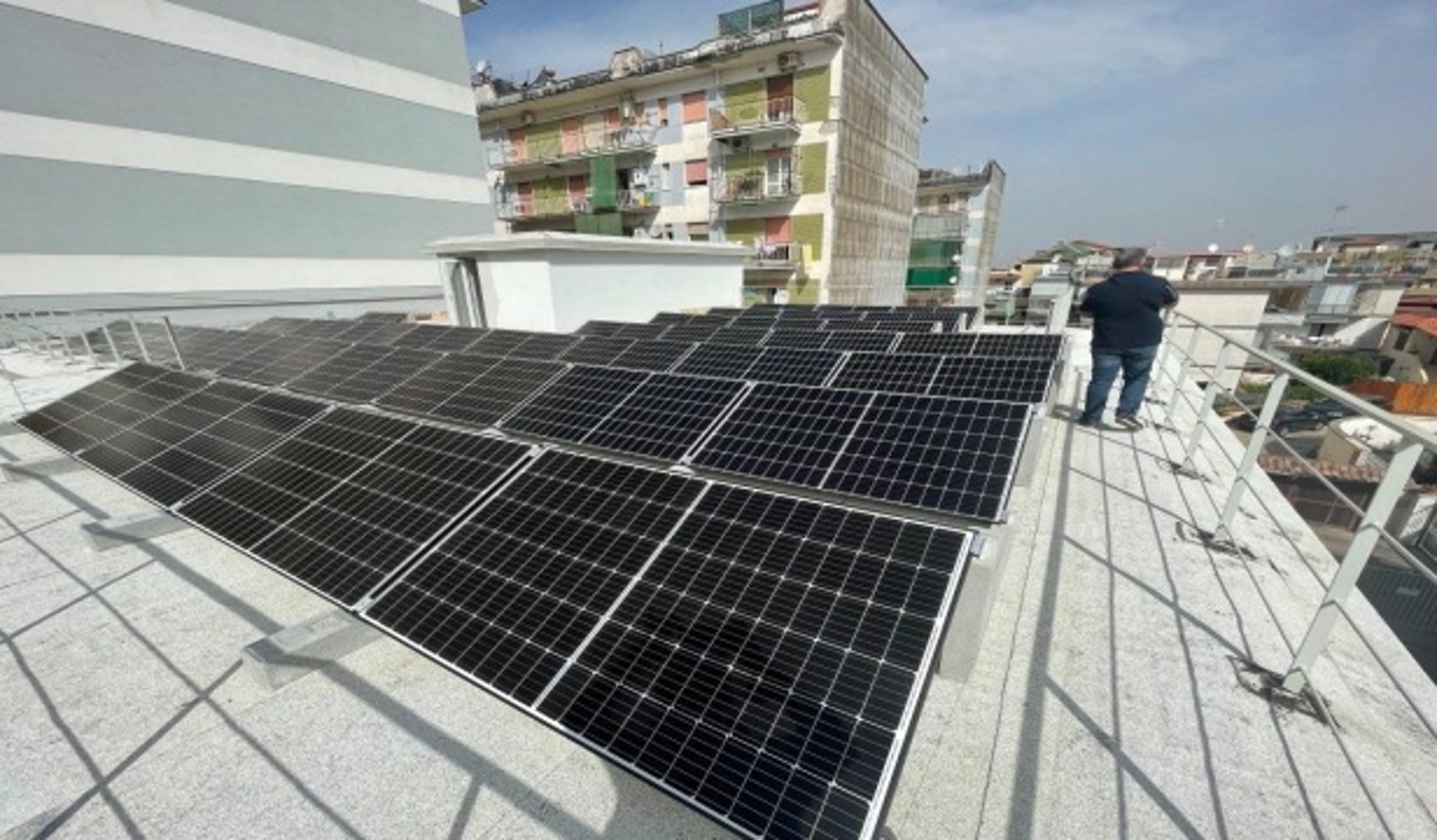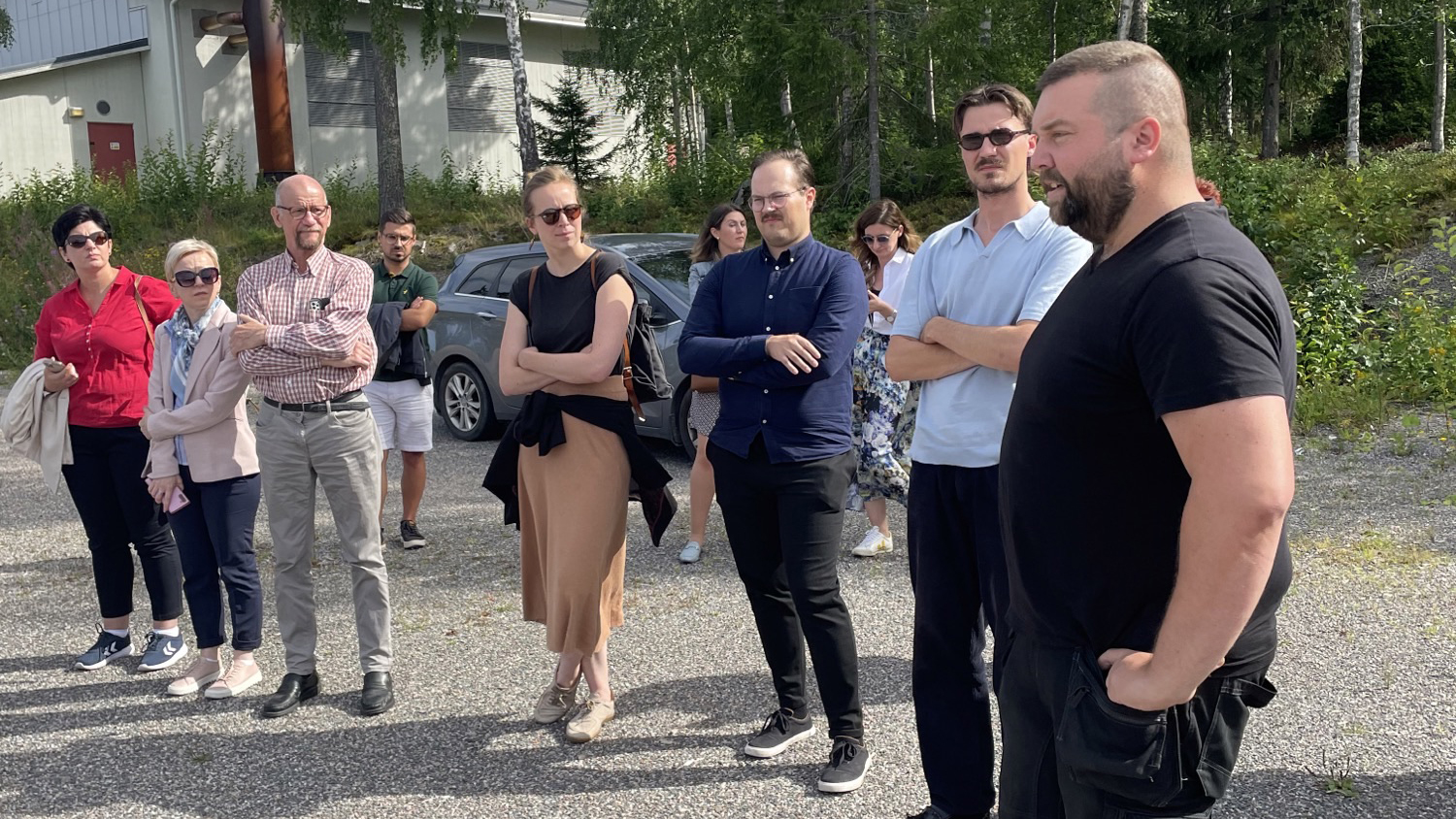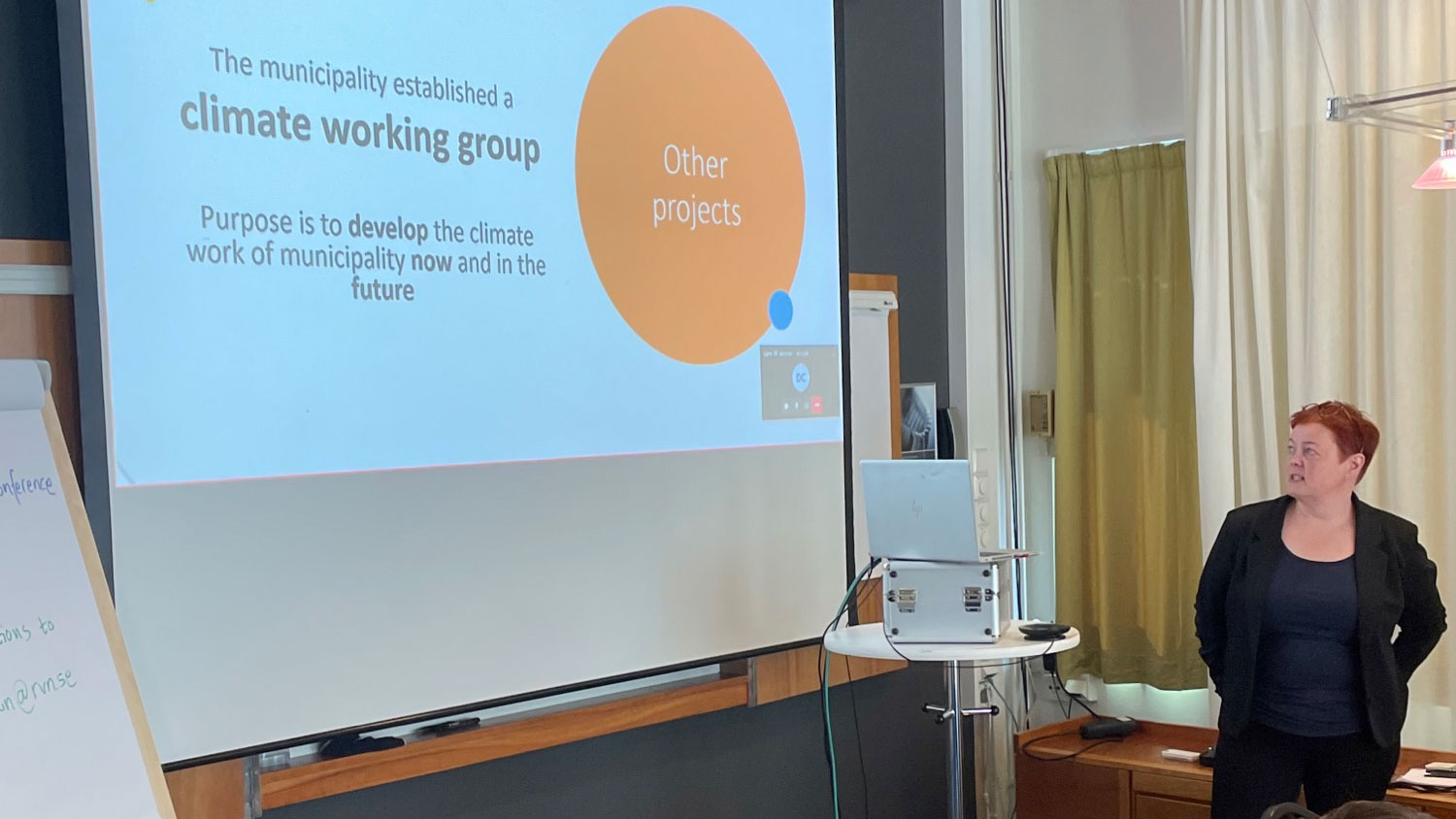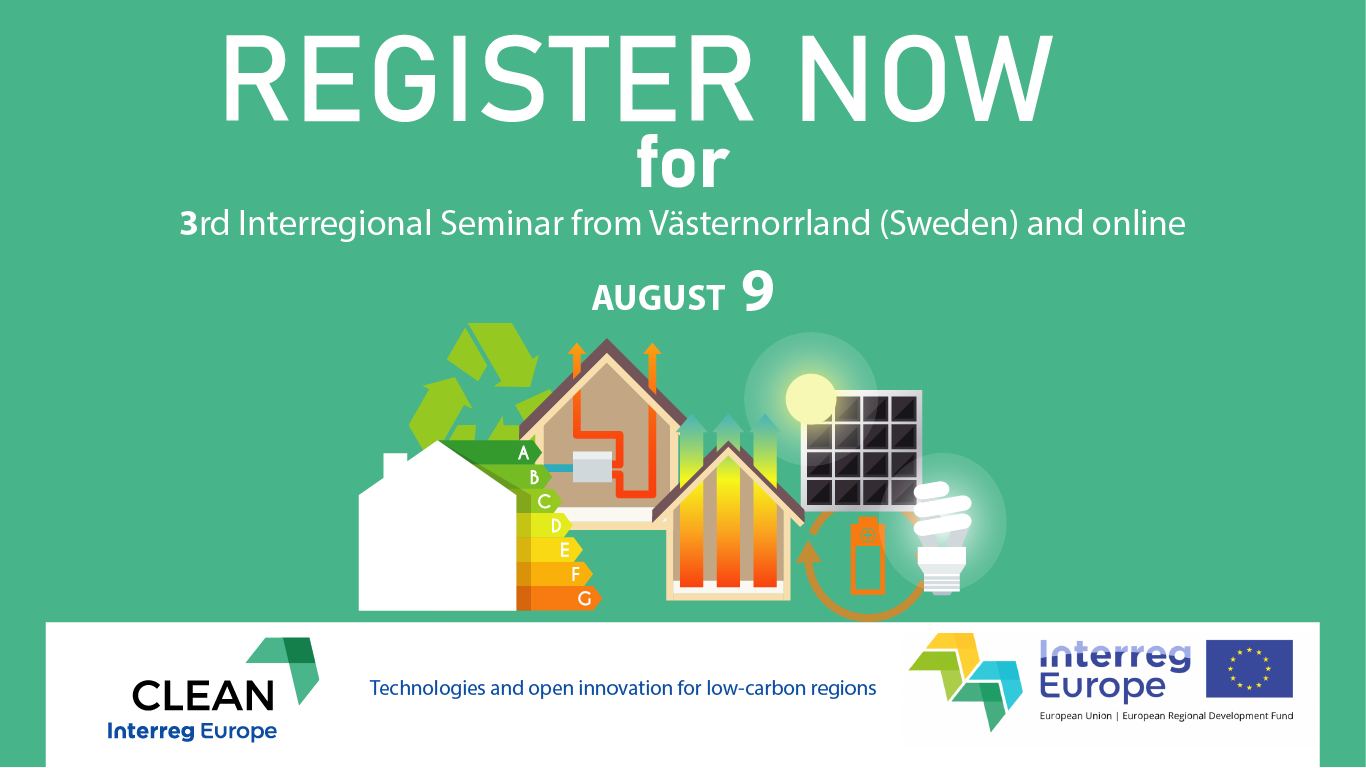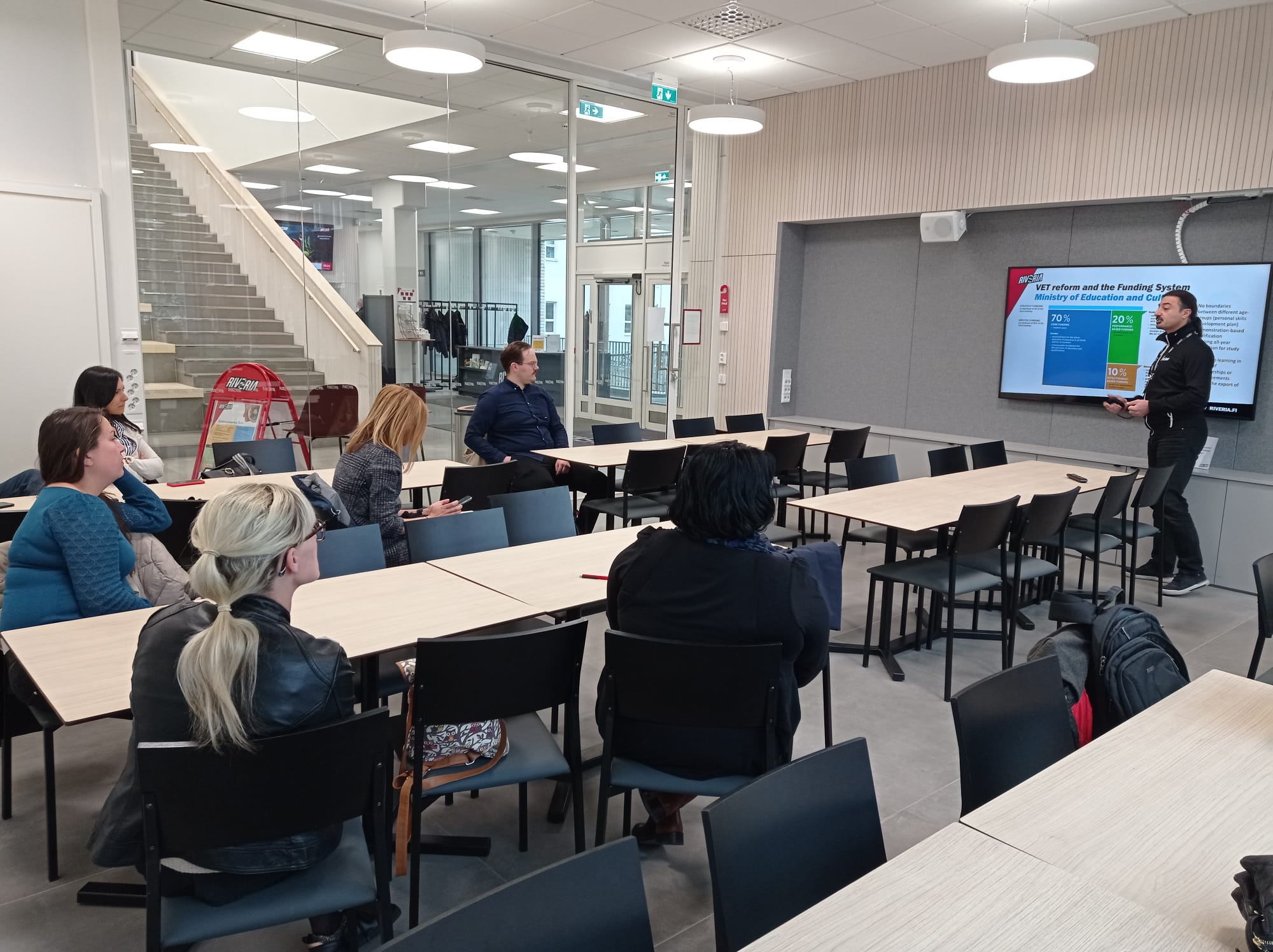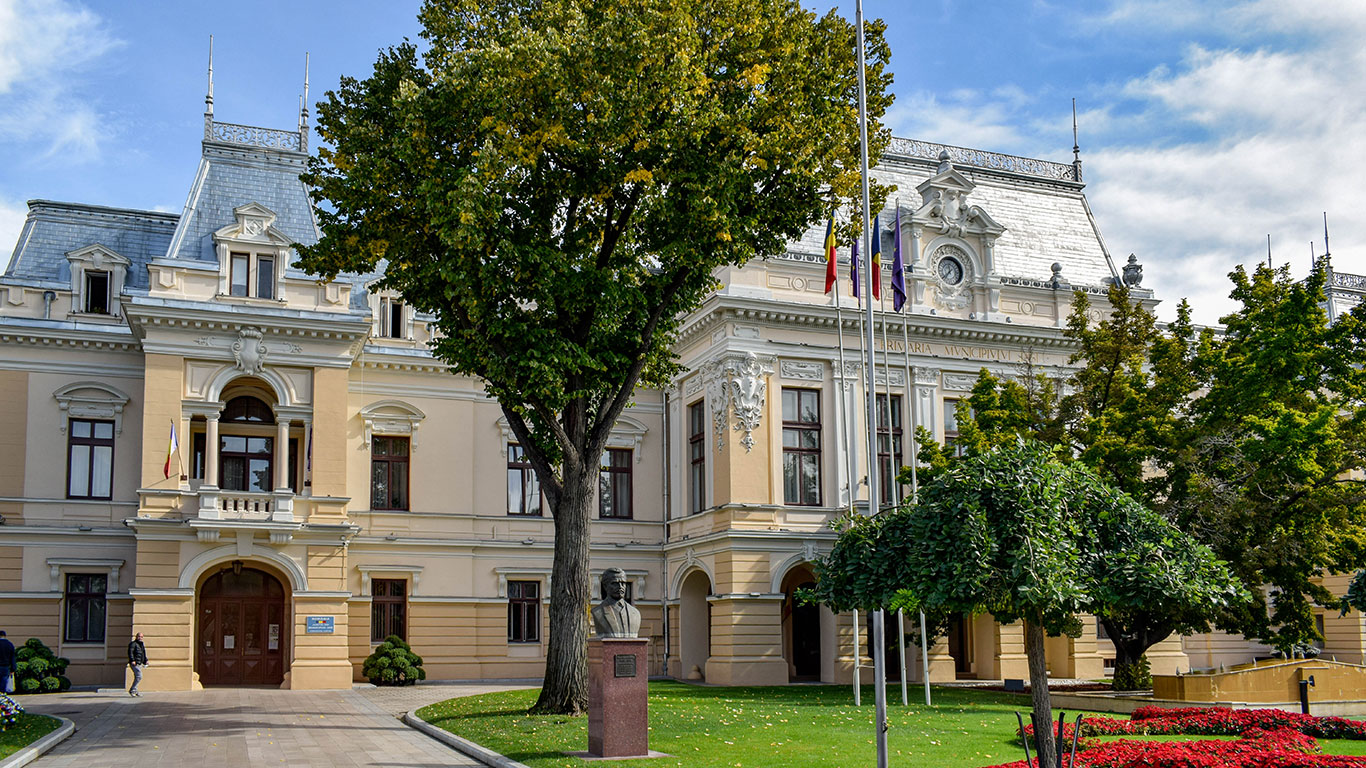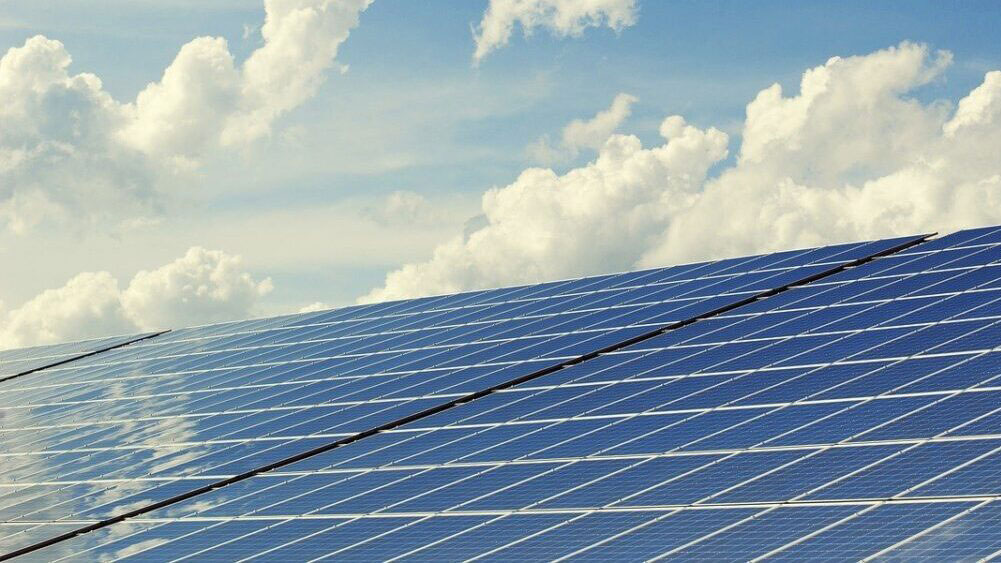This week we speak with Peter Albrecht from A+O Architects (San Sebastian city, Basque Country) to find out what is his experience and what is he learning from other European regions through CLEAN.
Why did you decide to take part in CLEAN?
We understood the opportunity as our personal and professional contribution to the search for sustainable alternatives to our current fossil fuel and plastic culture. In our architectural office we try to approach this target by focusing on Nearly Zero Energy Building (in this case, Passive House standard) projects and photo-voltaic solar energy installations. From that point we thought it was a good opportunity to share our knowledge and improve our work.
Have you participated in any staff exchanges or study visits?
I have participated in the meetings in Sundsvall (Sweden) in April 2018 and Caen (France) in November 2018. The study visit to the NZEB social housings in Sundsvall was very useful due to the great demand of similar actions in Spain. The stakeholders' presentations on energetic and collective refurbishment in Caen were interesting in several ways, for instance, how local authorities play an active role in the complex relationship between users and professionals or how low-tech refurbishment projects can finally improve the social situation of its participants.
Have you learnt any lessons from other stakeholders? Or, have you shared your expertise with them?
In Caen I have had the chance to exchange experience and points of view with stakeholders from Slovenia and Greece. Above all, we agreed that efficient solutions are better the less they depend on expensive technology or complex commercial software.
How are you benefiting from this international network? Is CLEAN impacting your work?
It is important to see that we face the same or similar challenges, but there may be different ways and handicaps towards their solution. After all, rather than climate conditions and financial limits it is the respective mentalities, both civil and politic, that determine the grade of success of energy savings measures. CLEAN has provided great occasions to observe and study local and regional policies as well as their approach to implement measures without force, obtaining in the best case the users' cooperation.
We are definitely trying to apply the good practice that we have learnt throughout the CLEAN project in our works and in the relation with our clients. Our definite short-term goal is to go beyond NZEB-requirements and impulse plus-energy projects.
What do you expect from the CLEAN partnership?
On the one hand, we hope that the contacts with stakeholders from different regions serve as a basis for a future cooperation in our professional area. On the other hand, aspects that allow a smoother and more efficient application of good practices in other European regions could be a grateful object for innovation initiatives on a local level.
Peter Albrecht
San Sebastián
